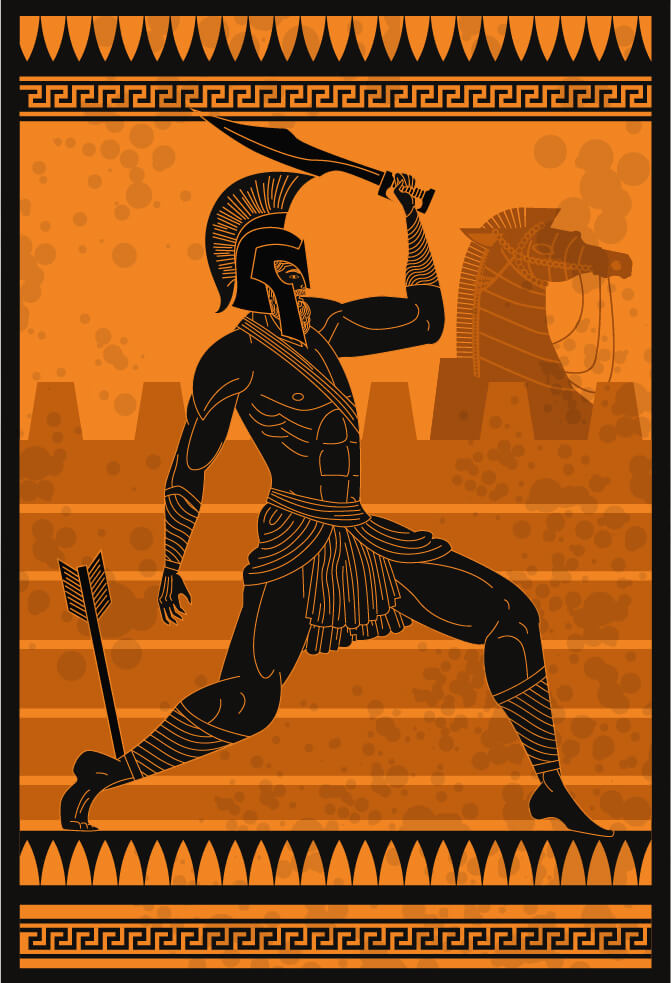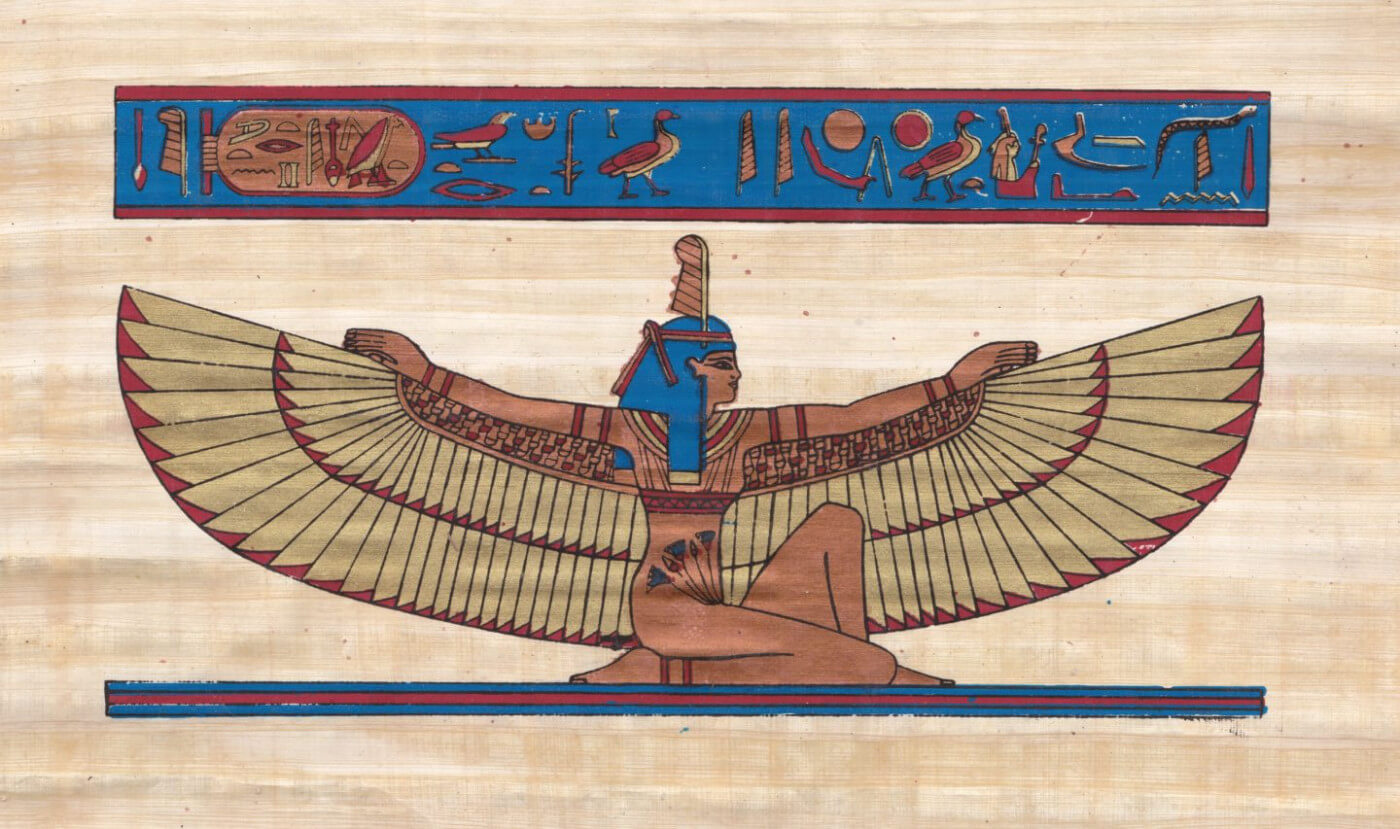Our story begins with Thetis, a sea nymph, and eventual mother to Achilles.
It is said that her beauty and charms were so great that it drew both Zeus and Poseidon into a struggle for her hand. That was, until the great Prometheus warned Zeus of a grave prophecy—that the son of Thetis was destined to become more powerful than his father.
This, of course, made both Gods back off from courting the young sea nymph. And instead, the Gods set her to wed Peleus, the king of Phthia.
Soon after her marriage, Thetis found herself pregnant with the king’s son—a boy they would give the name, Achilles.
However, Achilles, being the son of a mortal king, was a mortal himself. And this distressed Thetis quite deeply. The sea nymph tried everything she could think of to render her son immortal, but it wasn’t until she dipped him into the River Styx did she accomplish this goal.
But, as the legends go, only the parts of Achilles that were submerged in the water held the powers of immortality—and with his mother gripping him so tightly as she dipped him, there remained one part of his body that the water never touched—his heel.
And this, dear reader, is where the term “Achille’s Heel” comes from. For it was the one vulnerable part on our hero’s otherwise immortal body.
Now, Achilles led a fairly normal childhood up until the day his mother had a visit from an oracle. The oracle told Thetis that Achilles was to die a tragic but heroic death against the Trojans—and this, of course, did not sit well with Thetis. So, to try and avert her son’s fate, Thetis disguised Achilles as a girl and sent him to live on the island of Skyros—where she hoped he would live out a long and safe life.
But, like all prophecies, the one of Achilles could not be so easily tricked.
Now, what happens next is told in many different ways.
Some say an oracle spoke to Odysseus, the legendary Greek king and hero, and told him that the Greeks would not be able to take Troy in the Trojan War without the hero known as Achilles.
One story tells us that this prophecy is what inspires Odysseus to travel to Skyros dressed as peddler selling women’s clothing and jewelry. And as the court of Skyros gathers round to peruse the wares, Odysseus drops a lovely shield and spear among the goods, and catches the disguised Achilles admiring them—quickly outing him to be the fated hero Achilles, and convincing him that he must join the army.
And Achilles did—to years of great success.
The Trojan war would rage on for a full ten years—with Achilles winning battle after battle throughout.
That is, until, Achilles is forced to give up his bride (whom he married during the war) in order to bring peace among the upper-ranks. Furious, Achilles declared he would no longer fight and sequestered himself inside his tent—refusing to come out.
And once word got out that the Greeks no longer had the undefeated Achilles on their side, they began losing battle after battle—the Trojans no longer weary of the legendary Achilles.
Eventually, Patroclus—Achilles’ best friend and some say lover—convinced the retired hero to let him take his famous shield and spear into battle—where he could perhaps trick the Trojans into thinking that Achilles had returned.
Achilles agrees, and Patroclus sets off into battle with the famous shield and spear at his side. This trick works for some time before the God Apollo descends and intervenes on the Trojan’s behalf—sending the Trojan Prince Hector to find and kill the disguised Patroclus.
Once word of his friend’s death got to Achilles, the once retired hero vowed he would do whatever he needed to avenge the late Patroclus.
And so, Achilles slaughtered his way across the country—chasing Prince Hector back to the city of Troy. It was there that Achilles caught up his friend’s killer, and, not willing to listen to any reason, killed Hector where he stood.
But little did Achilles know that this would be his downfall.
For after murdering Hector, Achilles left the city of Troy still enraged—his vengeance nowhere close to being satiated.
And it was with this need for vengeance still boiling in his blood, that Achilles returned to Troy shortly after Hector’s funeral—determined to exact further revenge for Patroclus’ death.
But Apollo, once more, saw this coming. And he told Paris, Hector’s brother, that Achilles was set to arrive. But Paris was not a brave man—he was not a warrior like his brother. So, Paris didn’t run into the streets to face Achilles head on—no. He sat in hiding—holding his trusty bow and arrow and waiting for Achilles to arrive. And once Achilles entered Troy once more to seek his revenge, Paris—guided by the wisdom of Apollo—shot his arrow directly at Achilles’ heel—the one place he was vulnerable. Killing him on the spot.
And that dear reader, is the story of Achilles—the not-so-immortal hero of the Greeks, taken down by his own blinding need for vengeance.










